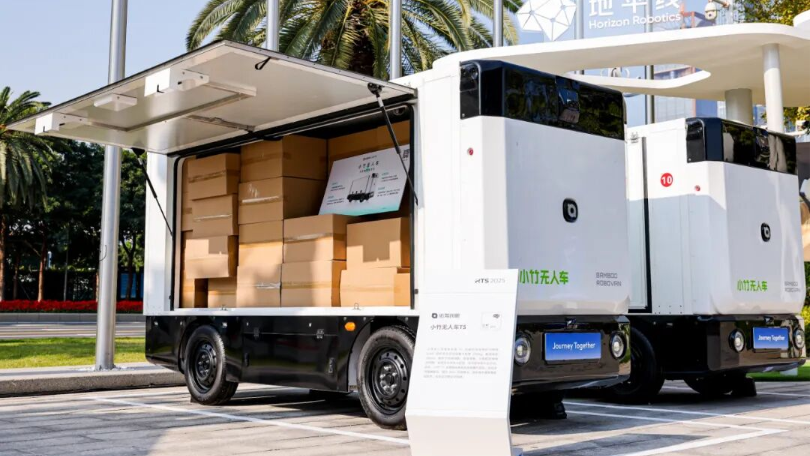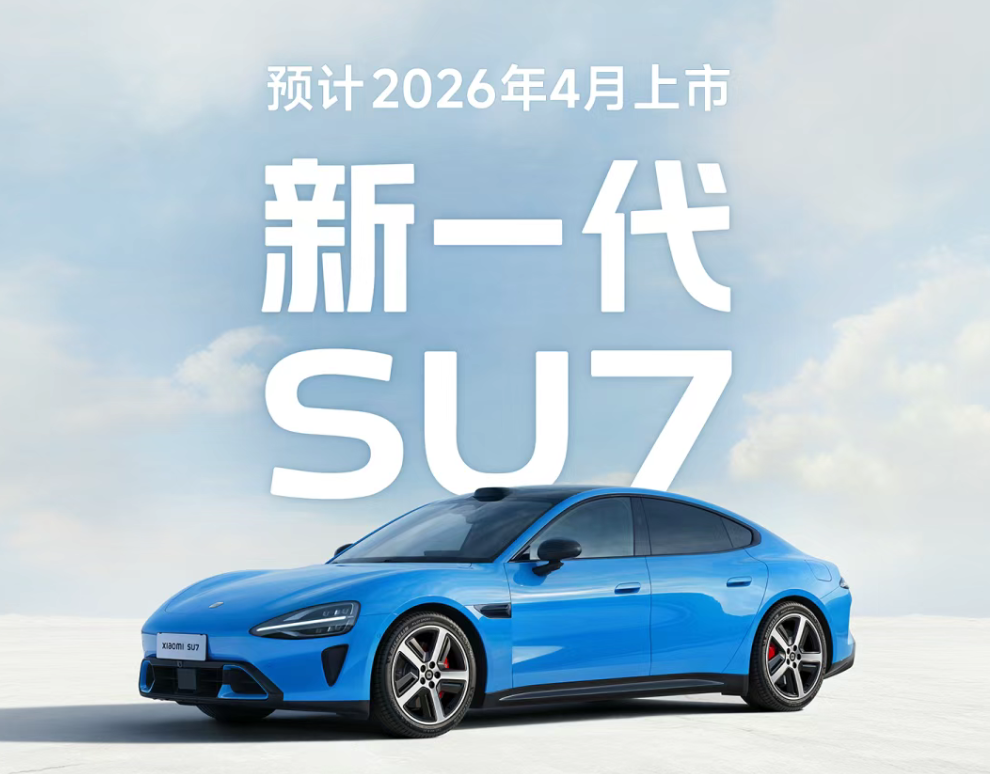Government and carmakers welcome EU plan on greenhouse-gas emissions
From:Cesky Rozhlas June 18 2007
Almost one fifth of the Czech Republic's air pollution is caused by transport and yet efforts to reduce greenhouse-gas emissions in cars have borne little fruit. But this week, EU industry ministers said they have drawn up a plan that is expected to win the approval of the two main players in the debate - environmentalists and carmakers.
The new proposal drawn up in Brussels this week upholds original plans to reduce carbon dioxide emissions to 120 grams per kilometre by 2012. But while past attempts have been targeting mainly manufacturers of larger cars, the new plan says all carmakers will be affected. How much, though, will depend on the country they are in and the types of cars that they are making. This week's proposal also considers the role that other factors including types of tyres, fuel, and driving styles play in emissions. Car manufacturers will therefore have to cut carbon dioxide emissions to 130g/km, while the other measures will account for the remaining ten grams. The proposal has yet to be ratified by environmental ministers in June, but according to Czech environment ministry spokesman Jakub Kaspar it is a good compromise solution that already has the backing of the Czech government:
"We can serve with some examples. Toyota in the Czech Republic makes 'city' cars with very low emissions and it does not make big cars or SUVs and so on. Skoda Auto, on the other hand, is the biggest carmaker in the country and makes all the car classes starting with the Fabia where emissions already meet the target of 120g/km to the Superb, which is a much bigger car than the Fabia, for example. So I think that we have to respect these differences."
So if the target emission limits are met by 2012 - 120g/km - how will that affect the overall emission rate in the Czech Republic?
"We can say that transport, especially road transport, is responsible for about 18 percent of all emissions in Europe and the situation is similar in the Czech Republic. The problem is that the trend is negative - transport is on the rise. So, the overall emission levels, not only carbon dioxide emissions but also others like dust emissions are growing. Of course from the point of view of climate change, every reduction of CO2 emissions per kilometre is very good news for the Czech Republic."
What do you think will the environment ministers decide next month when they are scheduled to ratify this week's proposal?
"I am quite optimistic because the negotiation is a compromise solution that is not bad for the environment. It is also acceptable to the ministers of trade of industry and most carmakers in Europe. What needs to be stressed is that the limit is not only for cars produced in the European Union but for all cars that are sold in the EU. So, it is an answer to fears from the point of view of competition."
How the emission limits will be distributed has yet to be decided. The European Commission is currently working on a feasibility study to determine how effective the proposed measures will be. New legislation is expected to be put forward by the middle of next year.
On average, the cars manufactured at Skoda Auto pollute the air with 150 grams of carbon dioxide per kilometre. Skoda has already committed itself to reducing that to 140g/km by the end of next year. The company's Martin Jahn welcomes the Brussels plan, stressing that for manufacturers of larger cars, it is imperative that an integrated approach is adopted when new legislation is drawn up next year:
"The vehicle related target of 130g/km by 2012 in general on average is technically not feasible. It is just impossible to achieve this target on average and therefore what we are looking for is an integrated approach that also deals with other players in this because reducing CO2 emissions only through vehicle technology is very expensive and there are other measures, such as the use of bio-fuels, better infrastructure, traffic management, and economical driving styles. So, what we expect to happen is that the feasibility study will be done and then the legislation will be based on parameters. So every car, not only big cars, will have to reduce CO2 emissions but it would be based on parameters and not on average."
UAW: Work With Chrysler on Health Care
From:World Inside News June 19 2007
United Auto Workers President Ron Gettelfinger said Monday that the union must offer health care concessions to Chrysler similar to those it gave Ford Motor Co. and General Motors Corp. in 2005.
'We've been talking to Chrysler quite frequently - we do need to find a way to fix the problem there now that Chrysler is in a downward mode,' Gettelfinger said in an interview on 'The Paul W. Smith Show' on WJR-AM in Detroit.
The UAW two years ago gave health care concessions to Ford and GM that will save the companies billions of dollars, but refused to do the same for Chrysler because of its stronger financial condition at the time.
In 2005, the Chrysler Group made $1.8 billion, but its fortunes turned when gasoline prices rose to around $3 per gallon and buyers started to shun its truck-based models. The company said it lost $618 million in 2006 and $1.98 billion before interest and taxes in the first quarter of this year.
Gettelfinger said in March that the UAW had finished a review of Chrysler's finances to determine if the concessions are warranted. He would not discuss conclusions of the review in detail.
He did acknowledge Monday that Chrysler has a problem that needs to be addressed.
UAW spokesman Roger Kerson would not comment beyond Gettelfinger's remarks, and Chrysler spokeswoman Michele Tinson also would not comment.
Both sides have been negotiating on the health care concessions in advance of national contract talks with the Detroit Three that are set to formally begin in July. But so far, no health care agreement has been reached.
Combined, the U.S.-based carmakers have more than $100 billion in long-term retiree health care costs that analysts say must be reduced.
Under the 2005 agreement with GM, hourly workers would contribute $1 per hour in future pay increases to a new fund to help pay for retirees' health coverage. Single retirees would pay up to $370 a year in deductibles and fees. Most retirees and all active hourly workers would have higher co-payments for prescription drugs.
In the deal with Ford, also reached in 2005, retired autoworkers will pay monthly contributions, annual deductibles and co-payments for some medical services up to a maximum of $370 a year for individuals and $752 for a family.
Hourly workers have no deductibles or monthly contributions, but they must contribute a portion of future wage increases to a trust for future health care expenses. The agreement also raises workers' costs for prescription drugs retirees' emergency room visits.
When Chrysler was turning a profit, analysts believed any concession from the union on health costs was unlikely. The situation has now changed.
Chrysler's parent, Germany's DaimlerChrysler AG, announced last month that it would sell a controlling stake of its ailing U.S. operations to private equity firm Cerberus Capital Management LP. Analysts have said Cerberus likely will demand deeper concessions from the union than Daimler would have.
Losses also forced Chrysler to announce a restructuring plan that includes buyouts and early retirement offers so it can shed 13,000 hourly and salaried jobs in the U.S. and Canada by 2009.
Cerberus has said it will leave the negotiations to Chrysler, led by Chrysler Group President Tom LaSorda, although Cerberus already has executives inside Chrysler's headquarters working with its leaders.
'I'm pleased to say discussions I've had with (Cerberus) ... have been very professional,' Gettelfinger said on the radio show. 'They have a lot of confidence in Tom LaSorda. ... They have confidence in the process that has been established.
Renault considers 'third world car'
From:Reuters June 19 2007
Paris, France - Renault has confirmed it's considering a super low-cost car for emerging markets but would not comment on the details of a report which said it aimed to create a $3000 (R21 000) vehicle in India.
Le Figaro newspaper said Renault planned to hire 1000 engineers to design a "third world" car within three years that would not be sold in Europe.
Without giving details, Renault spokeswoman Axelle de Ladonchamps said: "We are indeed thinking about a car for emerging markets priced more competitively than the Logan."
Renault has been selling a locally-assembled Logans in India since May 2007 in a joint venture with local automaker Mahindra & Mahindra, priced from 428 000 rupees (R69 000) to 547 000 rupees (R88 000).
De Ladonchamps said the base model Logan sold for €7600 (R54 000) in Europe.
Renault is building a second plant in India that will start building out cars in mid-2009. It does not have a design centre in India.
Cerberus had talks over Jaguar, Land Rover
From:Reuters June 19 2007
NEW YORK (Reuters) - Ford Motor Co. had preliminary talks with Cerberus Capital Management about selling Cerberus its Jaguar and Land Rover brands, but the discussions have been inconclusive, according to a report on the website of The Wall Street Journal.
Ford expects a sale of the Jaguar and Land Rover brands to take at least a month and possibly longer, the Journal said, citing two people familiar with the matter.
Ford and Cerberus were not immediately available for comment.
Volkswagen Jan-May vehicle deliveries rise 7.6 pct
From:Reuters June 22 2007
Volkswagen's deliveries of new vehicles rose 7.6 percent in the first five months of 2007 to 2.53 million units, Europe's biggest carmaker said today.
Sales of its core VW brand increased 7.1 percent to 1.48 million vehicles, while sales of its troubled Spanish brand SEAT dropped 1.6 percent to 180,000 cars.
Its commercial vehicles brand, which could be folded into a merged MAN-Scania entity, increased sales by 9.0 percent to 191,000 units.
Its Audi and Skoda brands had previously reported May monthly deliveries.
Broken down by region, sales rose 2.9 percent in its core European market to 1.575 million vehicles while gaining 1.8 percent in North America to 215,000.
Growth was far more dynamic in its regions Asia-Pacific and South America/South Africa, where vehicle sales rose 20.2 percent to 414,000 units and 23.9 percent to 322,000 units, respectively.
Shares in Volkswagen fell 0.8 percent to 114.42 euros by 0806 GMT, slightly outperforming a 1.1 percent drop in the DJ Stoxx European auto index.









